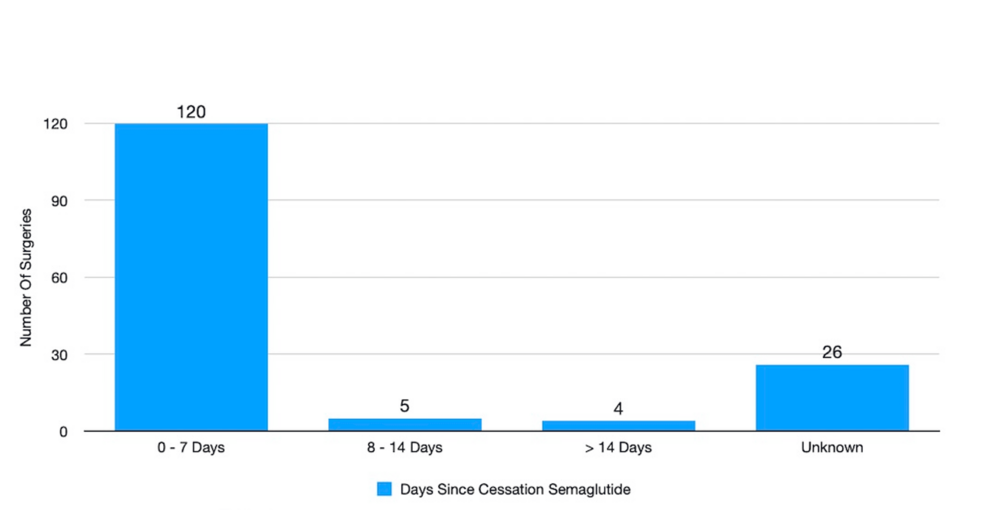- Erdogan reaches Saudi Arabia for landmark visit Dawn
- Türkiye signs $2B energy investment agreement with Saudi Arabia TRT World
- Türkiye, Saudi Arabia deepen strategic cooperation with new deals | Daily Sabah Daily Sabah
- Saudi crown prince…
Author: admin
-
Erdogan reaches Saudi Arabia for landmark visit – Dawn
-
FCC disposes of Arshad Sharif suo motu as probe still ongoing – Dawn
- FCC disposes of Arshad Sharif suo motu as probe still ongoing Dawn
- Federal Constitutional Court disposes of Arshad Sharif suo motu case Dawn
- Arshad murder: FCC disposes of suo motu The Express Tribune
- Pakistan court ends suo moto case on Arshad…
Continue Reading
-
Erdogan reaches Saudi Arabia for landmark visit – Dawn
- Erdogan reaches Saudi Arabia for landmark visit Dawn
- Türkiye signs $2B energy investment agreement with Saudi Arabia TRT World
- Türkiye, Saudi Arabia deepen strategic cooperation with new deals | Daily Sabah Daily Sabah
- Erdogan to visit Egypt…
Continue Reading
-
Clear skies for Basant in Lahore: PMD – Dawn
- Clear skies for Basant in Lahore: PMD Dawn
- Basant set to make its grand return in Lahore under mostly clear skies Dawn
- Punjab gears up for four-day holiday from Feb 5-8 The Express Tribune
- DHA restrictions on Basant raise questions about…
Continue Reading
-
Achakzai seeks PM’s intervention to ensure Imran’s medical care – Dawn
- Achakzai seeks PM’s intervention to ensure Imran’s medical care Dawn
- Imran taken to Pims at own request, says law minister Dawn
- Achakzai urges PM Shehbaz’s ‘personal intervention’ for Imran’s medical tests by trusted doctors The Express…
Continue Reading
-

Exhibitions to see during Mexico City Art Week – The Art Newspaper
Gregor Hildebrandt: Gilardi Lilien
Casa Gilardi
3-28 FebruaryTaking over the colourful Casa Gilardi, Luis Barragán’s last commissioned residence, built for the advertising executive Francisco Gilardi in the mid-1970s, the German artist Gregor…
Continue Reading
-

Researchers Conduct the Largest Study of Runaway Stars in the Milky Way
In the early 1960s, Dutch astronomer Adriaan Blaauw observed stars moving at unusually high speeds moving through the Milky Way. These stars, as it turned out, were unbound objects that had been kicked out of the Milky Way and…
Continue Reading
-

See shortlisted images from the Wildlife Photographer of the Year People’s Choice Award 2026
A flamboyance of flamingos dazzling against a backdrop of power lines, a crafty crab hitching a ride on a jellyfish and a young sloth safe in his mother’s embrace are among the shortlisted images for the
Continue Reading
-

Grim photo captures polar bear mom and cubs resting in mud in summer heat
A bleak photograph shows a mother polar bear and her three cubs resting on bare ground and moss, their coats brown with mud.
The image is on the shortlist for this year’s Wildlife Photographer of the Year Nuveen People’s Choice Award — a…
Continue Reading
